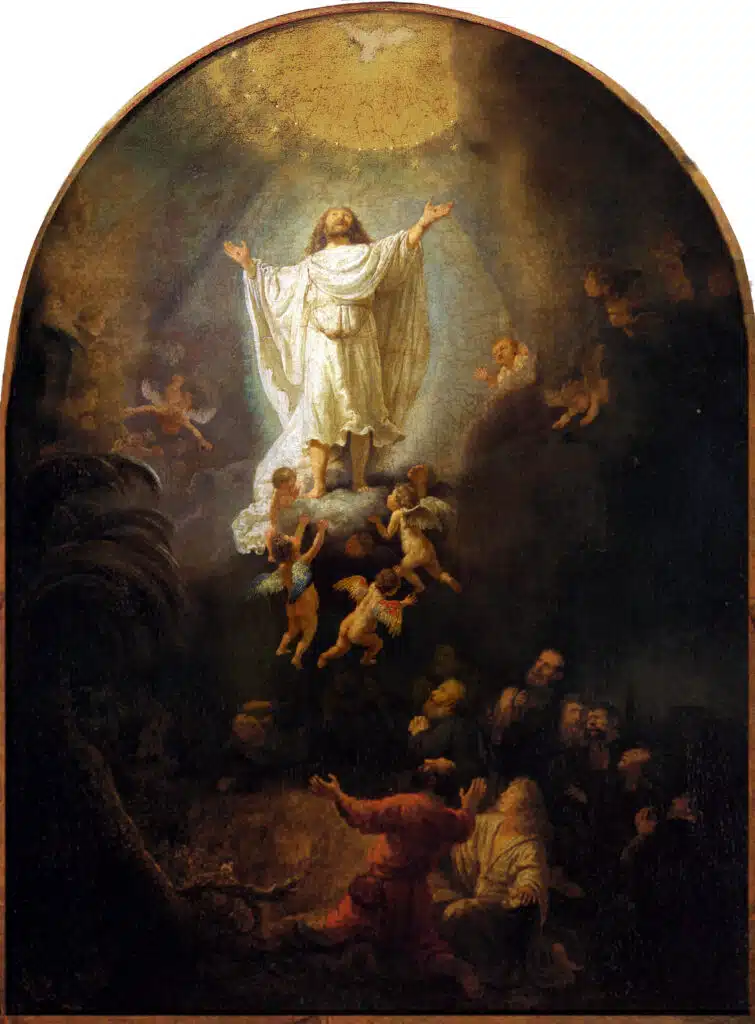 The longing for particularly gifted person who will redeem us from the evils of this world and lead us to a “promised land” or a “golden age” is an ever-existing desire. The hope for a divine Messiah (anointed one, Christ) has its roots in Judaism.
The longing for particularly gifted person who will redeem us from the evils of this world and lead us to a “promised land” or a “golden age” is an ever-existing desire. The hope for a divine Messiah (anointed one, Christ) has its roots in Judaism.
The goal is to bring man back to lost paradise as described in Isaiah 11:6-9, where the wolf, lamb, lion, and other animals coexist peacefully with man.
At the time of Jesus there were different expectations of the Messiah.
The Sadducees were the liberals. They rejected any supernatural influence.
The Pharisees were conservative. They expected that if all Jews lived according to their commandments, God would intervene in supernatural ways.
The Zealots wanted to establish a messianic kingdom (theocracy on earth) by themself and rejected Roman rule.
The Essene movement was a mystical congregation. They lived in their own world. They believe in a spiritual reality, which they accepted by faith, like Abraham, even if the literal fulfilment was yet to come.
The Samaritans have a messianic hope in the coming prophet like Moses, promised in Deuteronomy 18:15-19. As the woman at the well says in John 4:25, “I know that Messiah is coming (he who is called Christ). When he comes, he will tell us all things.”
But God does not fulfil our expectations, but His promises.
 After Jesus died on the cross and rose from the dead on the third day, he met over 500 people (1 Corinthians 15:5).
After Jesus died on the cross and rose from the dead on the third day, he met over 500 people (1 Corinthians 15:5). the gifts of genius that ensured the survival of the Jesus family.
the gifts of genius that ensured the survival of the Jesus family. The longing for particularly gifted person who will redeem us from the evils of this world and lead us to a “promised land” or a “golden age” is an ever-existing desire. The hope for a divine Messiah (anointed one, Christ) has its roots in Judaism.
The longing for particularly gifted person who will redeem us from the evils of this world and lead us to a “promised land” or a “golden age” is an ever-existing desire. The hope for a divine Messiah (anointed one, Christ) has its roots in Judaism.